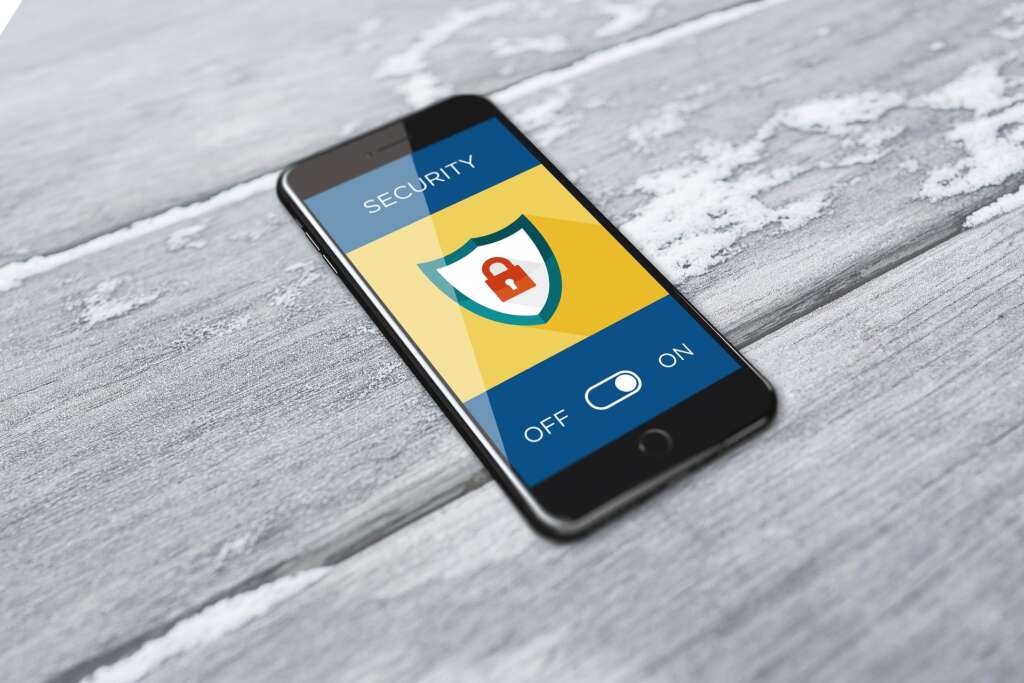The significance of cybersecurity in today’s digital age, where technology permeates every aspect of our lives, cannot be emphasized. People are more susceptible to attacks on their financial and personal information as cyber threats keep evolving. More people are taking charge of their online security by enrolling in cybersecurity courses in order to address this growing concern. We will discuss the value of cybersecurity education and how it enables people to work as independent security experts in this blog post.
Comprehending the Cybersecurity Environment
There are many possible hazards in the digital world, including data breaches, financial fraud, and identity theft. Cybersecurity is the discipline of defending programs, networks, and systems against online threats. People need to understand the foundations of cybersecurity more and more as cyber threats get more sophisticated.

Recognizing Internet Hazards
People who take cybersecurity courses get a thorough understanding of the different types of online threats that they might come across. This covers ransomware, malware, phishing scams, and social engineering techniques. People who are aware of these dangers can take preventative action to protect their online identity.
Safeguarding Individual Data
With social media and online shopping, private data has grown in value as a target for online fraudsters. Courses on cybersecurity give people the know-how and abilities to efficiently safeguard their personal data. This entails setting up two-factor authentication, creating strong passwords, and realizing how important safe online behavior is.
Protecting Hardware and Networks
The security of personal electronics and home networks has become essential with the spread of smart devices and networked systems. In order to protect against unwanted access and potential cyber intrusions, cybersecurity courses instruct students on how to secure their devices, configure firewalls, and put encryption protocols into place.
Developing Your Own Security Expertise
Creating a Knowledge Base
Courses on cybersecurity provide the groundwork for learning more about this intricate area. People are taught the fundamentals of ethical hacking, network security, and cryptography. Their ability to make educated decisions about their online activities and take proactive steps to reduce potential risks is enhanced by this foundational knowledge.
Practical Education
A lot of cybersecurity courses provide practical learning opportunities so that students can put their theoretical knowledge to use in real-world situations. By means of simulations and authentic case studies, learners can enhance their problem-solving abilities and acquire significant understanding of the techniques utilized by cybercriminals.
Recognized Certifications in the Industry
Obtaining certifications recognized by the industry is frequently the result of completing cybersecurity courses. These credentials, like CompTIA Security+ or Certified Ethical Hacker (CEH), not only attest to a person’s competence but also increase their reputation in the workplace. Professionals having a solid foundation in cybersecurity are valued by employers more and more.
Ongoing Education and Adjustment
Cybersecurity is an ever-evolving field where new threats are constantly emerging. Courses on cybersecurity foster an attitude of lifelong learning and adaptation. In order to effectively tackle new challenges, people learn to keep up with the most recent trends in cyber threats, update their skills, and implement evolving security measures.

Conclusion
In a time when digital interactions permeate every aspect of our lives, it is up to individuals to protect their personal data. People can improve their knowledge of online threats and develop the skills they need to become independent security experts by enrolling in cybersecurity courses. The empowerment obtained from cybersecurity education improves one’s own security and aids in the group endeavor to make the internet a safer place for all users. Thus, be the steward of your online presence by being proactive and enrolling in a cybersecurity course.
